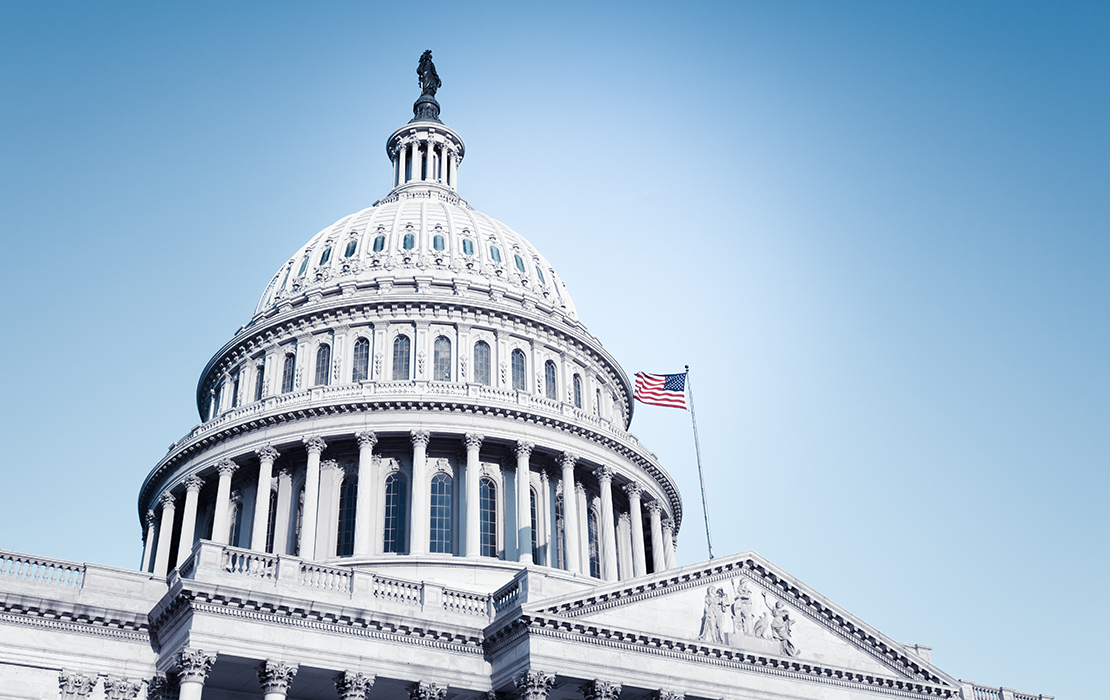House committee holds 50th ERISA anniversary hearing
ADA says federal law should not override states’ authority to regulate dental insurers

A House of Representatives subcommittee held a hearing Sept. 10 to discuss ways to protect and improve a law that regulates self-funded benefit plans, including dental.
The Committee on Education & the Workforce, a subcommittee on Health, Employment, Labor and Pensions, held the meeting in honor of the 50th anniversary of the Employee Retirement Income Security Act of 1974, also known as ERISA. Ahead of the hearing, the ADA submitted comments on the impact of preemption under the bill and what it means for dental insurance.
The panel for the hearing, titled ERISA’s 50th Anniversary: The Value of Employer-Sponsored Health Benefits, included four policy experts who shared their thoughts on how to bolster ERISA.
Rep. Bob Good, R-Va., chairman of the committee, advocated for a decrease of government intervention in the health care markets.
“For 50 years, ERISA has provided the guardrails to protect individuals while allowing employers to develop robust benefit plans. We can amend ERISA while protecting it, because in doing so, we defend private insurance and shield Americans from devolving into a single-payer system,” Rep. Good said at the hearing.
In its letter to the committee, the ADA emphasized that allowing states to retain authority to regulate dental benefits is integral to ensuring fair treatment of patients and policyholders. The letter argued that expanding ERISA preemption, which supersedes state laws and permits uniform health benefits standards, works to usurp states’ ability to regulate health care and dental insurance, therefore harming beneficiaries.
“Expanding ERISA preemption beyond central matters of plan administration infringes on states’ traditional authority and creates regulatory vacuums that negatively impact health care for the very beneficiaries that ERISA was enacted to protect. If states cannot enforce laws regarding how health care is delivered and paid for, no one can,” the ADA said.
The letter adds that expanding preemption will allow insurance companies, pharmacy benefit managers and large employers to dictate how citizens receive health care “with no government oversight or accountability.”
“To respect states’ traditional authority and ensure that beneficiaries continue to receive meaningful health benefits, ERISA preemption must be limited to the areas with which ERISA is expressly concerned, such as reporting, disclosure, and fiduciary responsibility,” the letter reads.
For more information on this topic, visit ADA.org/ERISA.



